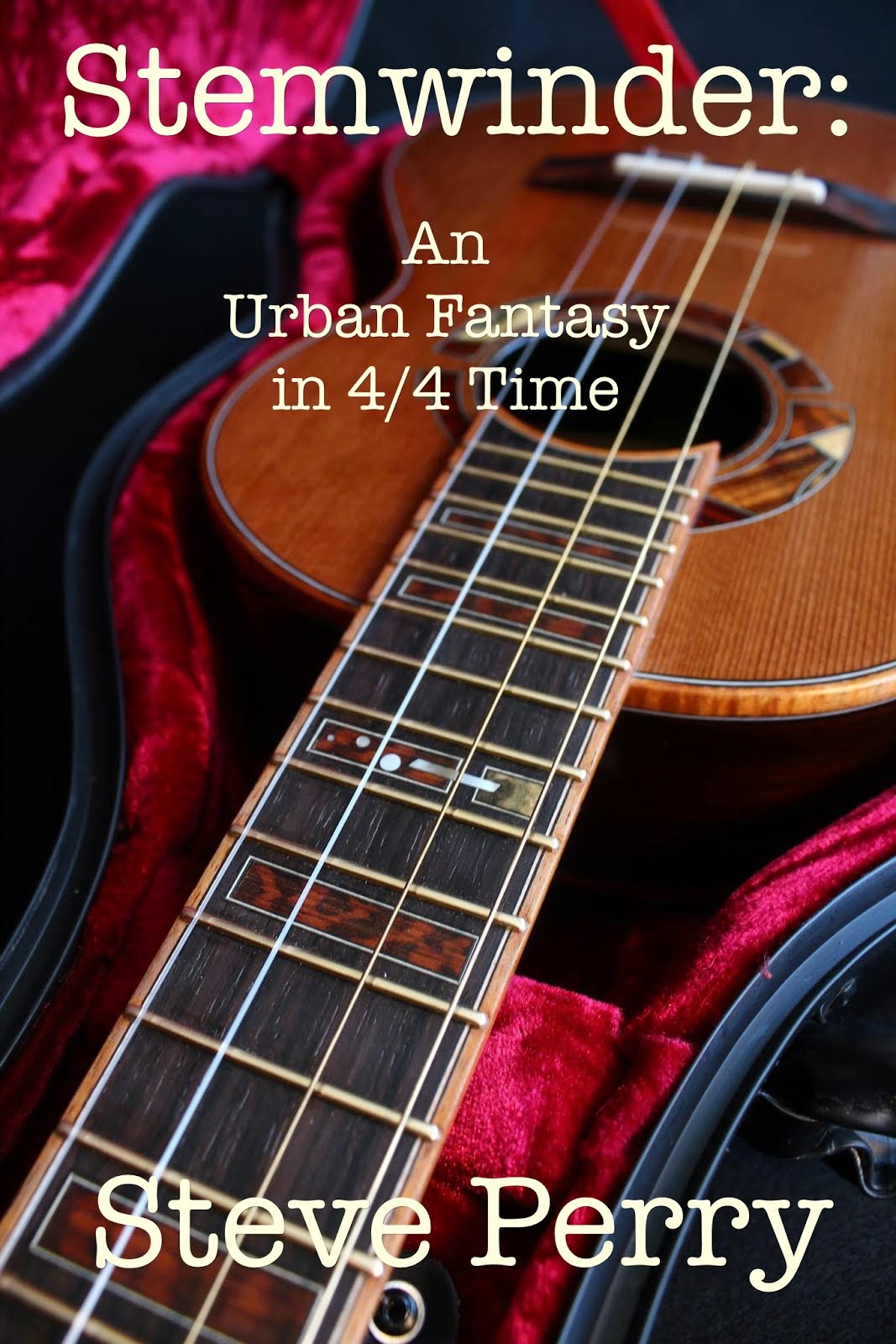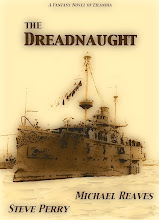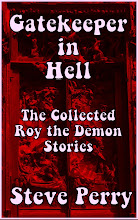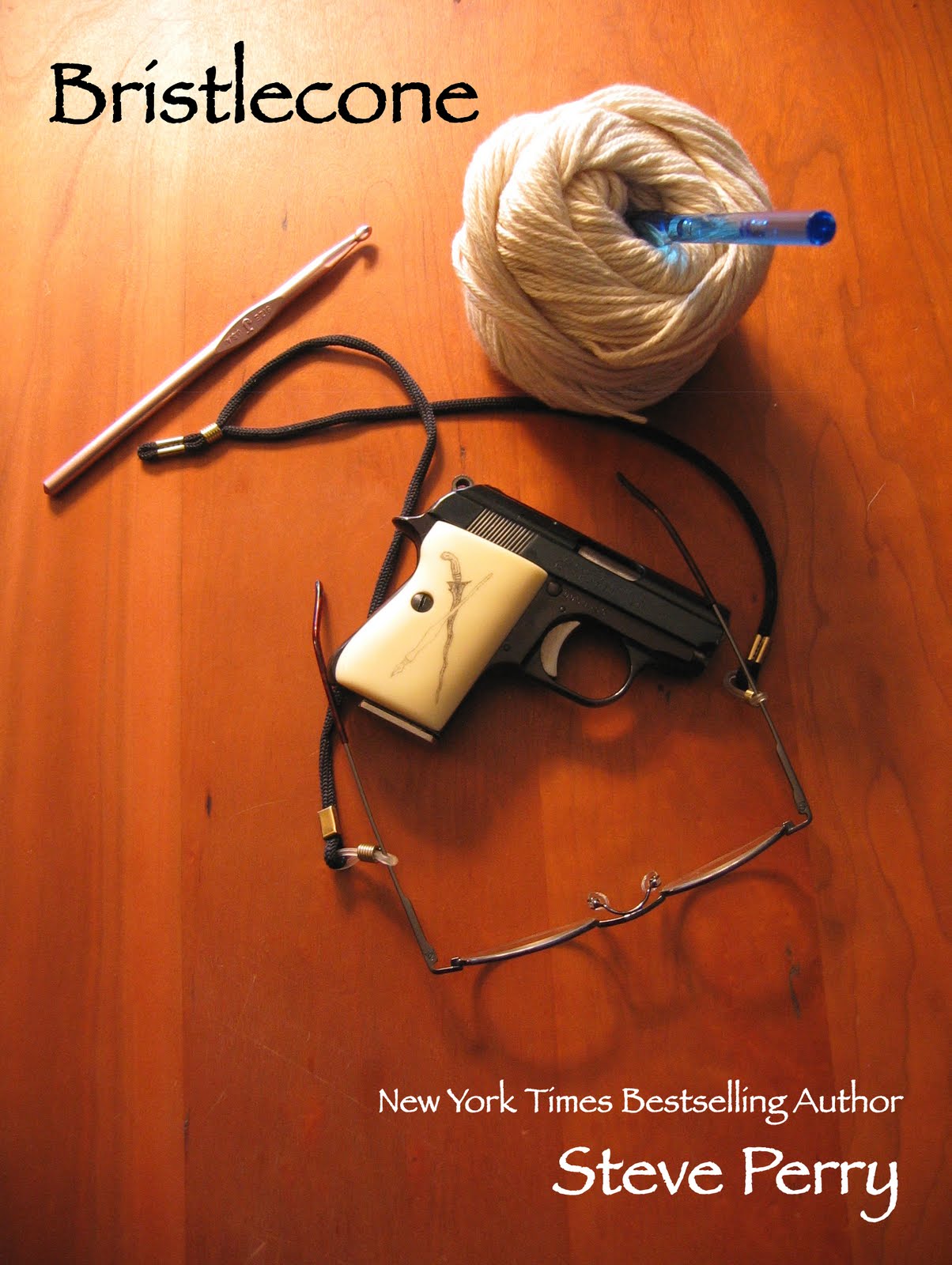Monday, September 22, 2014
Be Specific
Reverend White was preaching the Sunday sermon down at the 1st Baptist Church Once Removed, and he wound for the big finish: "All right, then! Who wants to go to Heaven!"
All the parishioners raised a hand—save one: Brother Brown.
Reverend White frowned. Maybe Brother Brown hadn't heard him.
"I said, 'Who wants to go to Heaven?!"
Same thing.
"Uh, Brother Brown?"
"Yessir?"
"Don't, uh, you want to go to Heaven when you die?"
"Oh, when I die, yessir."
"Then how come you didn't raise your hand?"
"Well, Preacher, I thought you was gettin' up a group to go now ..."
Here the example of somebody who wasn't being clear enough for his whole audience ...
There are time when you are writing when you might want to have your readers fill in a lot of stuff on their own. You give them hints, clues, and you ease off so they can do part of the work. Perfectly valid, as long as you do it on purpose.
There are times when you want to convey as sharp and specific an image as you can; you want them to see the picture you have in your mind.
General is easy. Specific requires more doing, because no matter how clear you think you are, if there is any wiggle room, a worm will find it and do just that.
Getting precise in your language helps. Not just a "jacket," but a "distressed brown leather 1950's Langlitz motorcycle jacket with scuff marks on the right elbow, and three missing teeth at the top left side of the offset-right zipper."
Not just a "gun," but a "stainless steel S&W K-frame .357 Magnum with a four-inch barrel and oversize fake-ivory grips, with the Sanskrit symbol for "Om" scrimshawed in black on the cylinder-latch side ...
I name you the Specific Ocean, hey ... ?
Helps if you avoid overusing words that don't really mean anything. Somebody says a building was large and modern. Really? What does that mean? As compared to what? Small and old?
Uh huh. Clue for the crossword puzzle #27 down: See #39 down. And you go look, and it says See #27 down.
Right. Up yours.
How big is big? Convey some sense of it that a reader can relate to. If you say it was a huge warehouse, that doesn't do it. If you say it took three minutes to walk from the front to the back at a comfortable walking pace for a man in good shape, that's better, although you might then have to explain what "good shape" means.
The size of a Costco store? Not bad. They aren't all the same size, but many of them are.
If you say you could park nineteen city buses end to end without touching the front and back walls with the bumpers? Better still ...
You are painting pictures with naught but words, and you have to engage not only the intellect, but the senses. Who, where, what, when, why, how; and the sight, sound, smell, feel, and taste.
Get all that right, people won't be able to put your book down. Of course, that's the trick, isn't it ... ?
Subscribe to:
Post Comments (Atom)
















1 comment:
... and you've mastered that trick very well, thank you very much!
Post a Comment